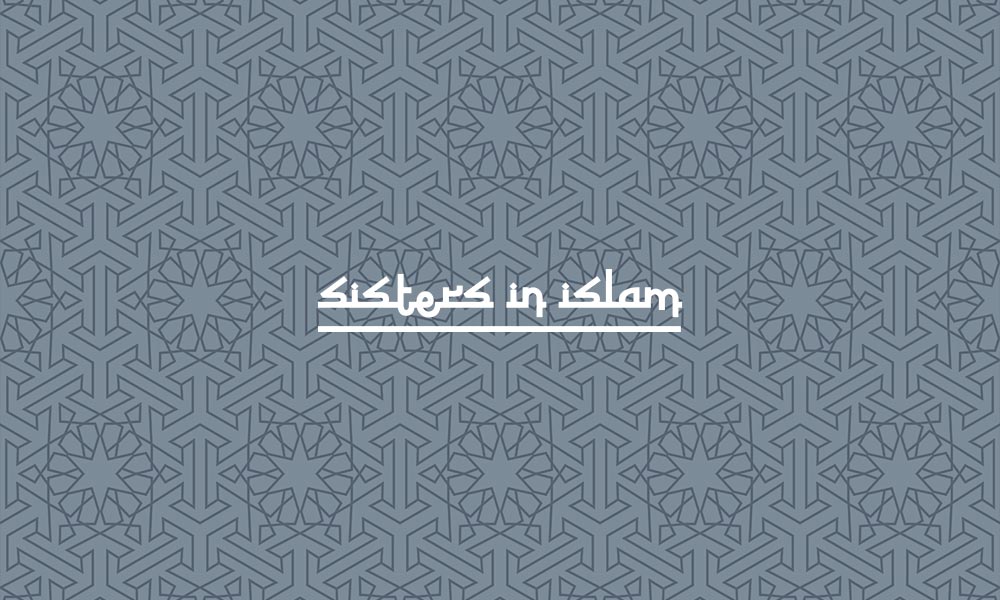20 February 2001
YAB Datuk Seri Abdullah Ahmad Badawi
Minister of Home Affairs
Kompleks Jabatan Perdana Menteri
Aras 4, Blok Barat
Pusat Pentadbiran Kerajaan Persekutuan
62502 Putrajaya
Dear YAB Datuk Seri,
It has come to our attention that six Shi’ah followers have been detained under the Internal Security Act since October 2000. Two have been released while one was released conditionally. Out of the remaining four, three have been sent to Kamunting detention centre while one is undergoing the initial sixty-day detention period.
First, we are very concerned that the Government has chosen to use the ISA to arrest the six for whatever offence they might have committed. The ISA, which provides for detention without trial, is a draconian law that infringes the fundamental liberties of a citizen in a democratic state. The Government should be working towards the repeal of the law, instead of continuing with its use.
Second, if indeed the Shi’ah men have committed any offence, they should be charged and tried in open court, in accordance with the rule of law. Instead a shroud of secrecy and silence surrounds the case. A grave injustice has been done to the men and their families who are not aware what offences their loved ones were supposed to have committed.
Third, if the detention of the Shi’ah followers was just for being Shi’ahs, then this constitutes an infringement of Article 11 of the Federal Constitution which guarantees freedom of religion.
Fourth, the Shi’i mazhab is a recognised school of law in Islam with hundreds of millions of followers, and in some countries they constitute a majority. Does the Government intend to pronounce all Shi’ahs a threat to national security and that Shi’ism is a deviationaist school of thought?
Fifth, for the state to claim the power to judge the faith, beliefs and views of its citizens is a dangerous exercise of state power. In the past, such power has led the state to persecute Abu Hanifa who founded the Hanafi mazhab, Ibn Hanbal who founded the Hanbali mazhab, Ibn Rushid, the philosopher and jurist, and Ibn Taymiyah, the influential thinker. They and other outstanding scholars of Islam were persecuted, some tortured, imprisoned and even executed for views now accepted by the vast majority of Muslims, including Malaysians.
Sixth, for the state to assume the power to judge on a citizen’s personal faith is for Sunni rulers to condemn Shi’ah Muslims as heretics, and for Shi’ah rulers to condemn Sunni Muslims as heretics. The outcome depends on who is in political power. This is dangerous, in particular in countries where religion is used to serve the cause of political ideology or to serve political ends of partisan party politics, as the case is in Malaysia.
Seventh, freedom of religion, expression, and association are fundamental rights enshrined in the Federal Constitution and the Universal Declaration of Human Rights. Those who hold controversial views which are rejected by the established theological or political order or even the public at large, must be protected as long as they do not engage in criminal activities and their actions do not violate the rights of others nor undermine the principles of the rule of law. Any charge of a threat to national security or public order must be proven in an open and fair trial, according to the rule of law.
We sincerely hope you will look into the issues raised above closely and seriously. Our proud history of pluralism, tolerance and understanding and our traditional celebration of this outstanding Malaysian heritage is at stake.
Yours sincerely,
Zainah Anwar
Executive Director
c.c. Chairman, Human Rights Commission of Malaysia
